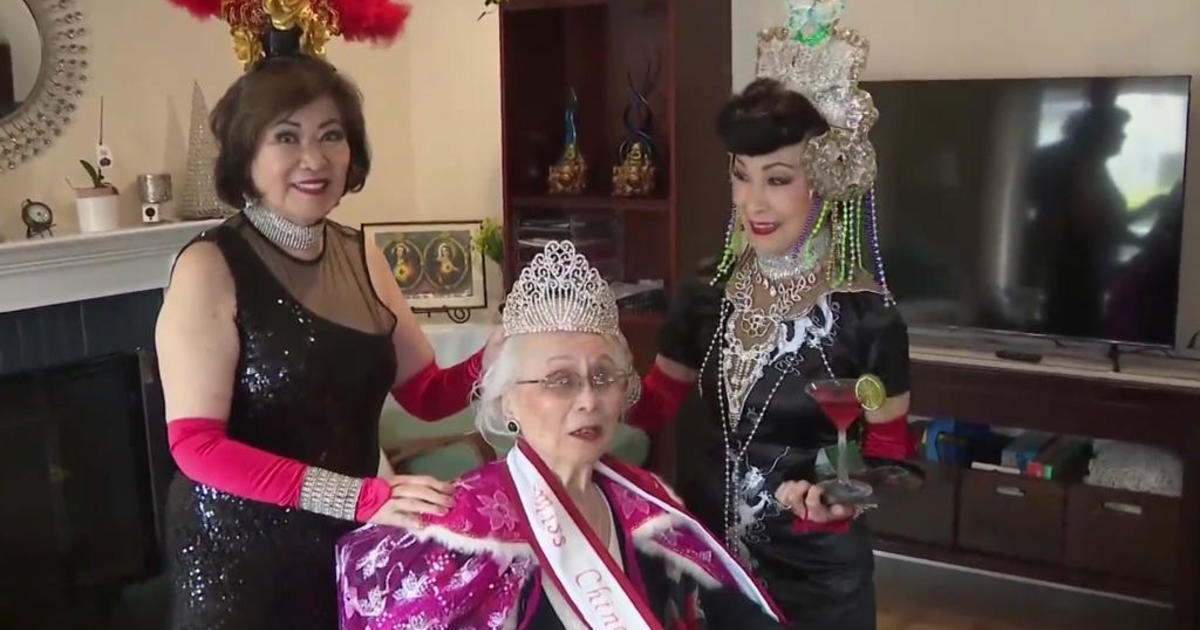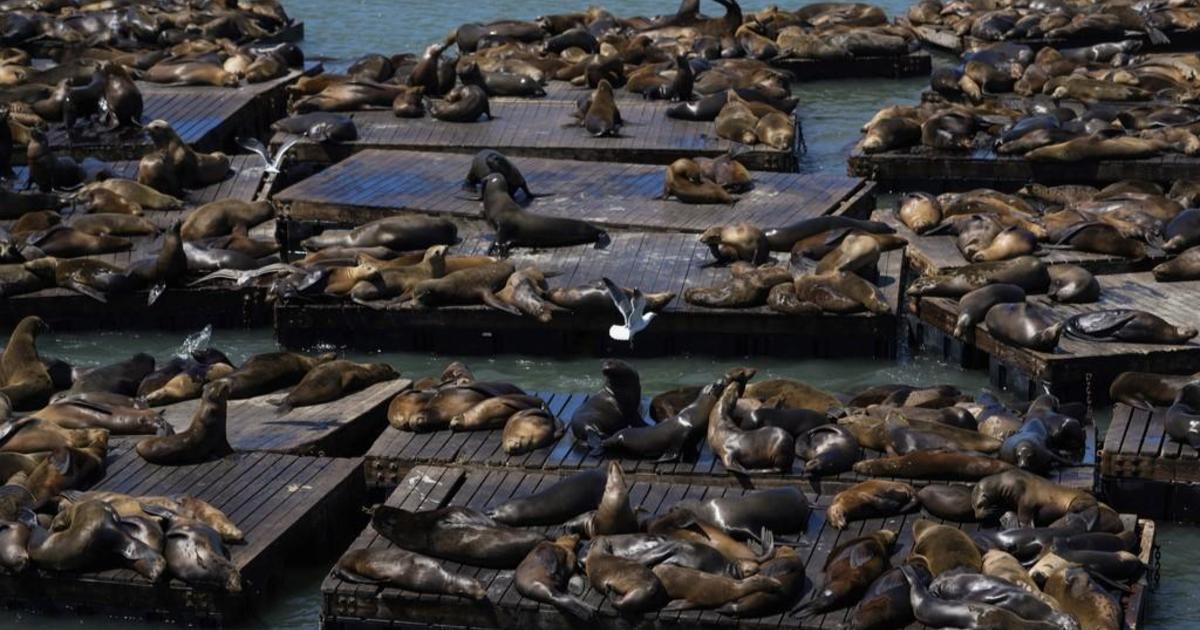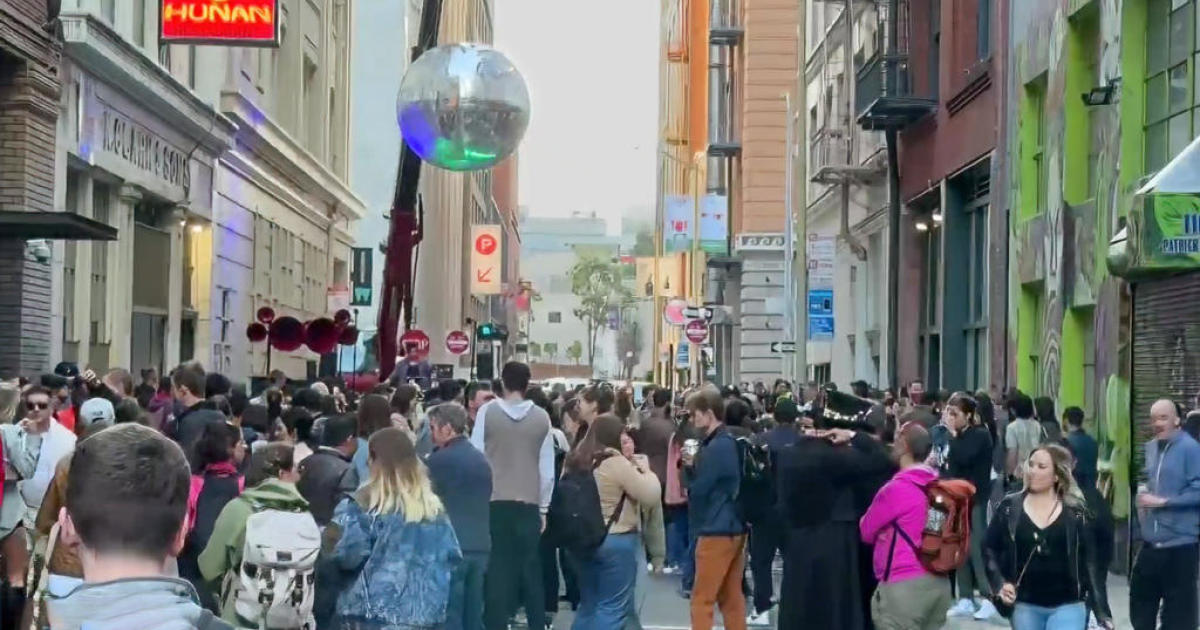San Francisco Federal Judge Slams Proposed Roundup Class Action Settlement
SAN FRANCISCO (BCN) – Concluding that "mere tweaks cannot salvage the agreement," a federal judge in San Francisco on Wednesday refused to bless a proposed settlement of a class action lawsuit involving Roundup, a weed killer alleged to cause non-Hodgkin's lymphoma.
The ruling came just a week after the court conducted a full day of hearings on the settlement and, at the end, told the parties that it would likely take him some time to rule.
As it turned out, he did not need long to reach a conclusion that the settlement should not be approved.
This was the second time that a proposed settlement of the consolidated litigation was presented to U.S. District Judge Vince Chhabria. The first was withdrawn by the parties after he expressed reservations about the deal.
This settlement resulted from months of negotiations that followed the judge's unfavorable reaction to the earlier settlement.
According to the motion for approval, the parties went to back to the drawing board negotiating "intensively, preserving and enhancing certain elements of the prior settlement ... rejecting others."
The process included "dozens and dozens of virtual meetings, countless drafts of settlement documents and memoranda, status reports to the mediator, and direct input on Settlement terms from the expert vendors proposed to administer the programs, as well as other consulting experts related to science and medicine."
The proposed new deal was intended to affect two separate groups of claimants. The first group included those who have been exposed to Roundup and developed NHL. The second group included those who have been exposed to Roundup but for whom NHL has not manifested. During the approval hearings, the judge sometimes referred to the second group as "future claimants."
Under the settlement, Monsanto, the manufacturer and distributor of Roundup, agreed to create a $2 billion fund to pay claims over the next four years.
Future claimants are entitled to medical monitoring and, if they ultimately develop NHL, are given the option to participate in the fund (if it is still in place at the time) or bring suit. However, if they choose to sue, they will be bound by two restrictions.
First, a future report from an independent "Science Panel" appointed by the court that evaluates whether the science around whether glyphosate -- the active ingredient in Roundup -- causes NHL would be allowed to be admitted as evidence in the future case, though it would only have advisory effect.
Second, future claimants will not be able to seek the recovery of "punitive damages." Punitive damages are a special category of damages awarded in tort litigation to punish particularly bad conduct by a defendant.
The settlement was presented as a package and the judge did not have the option of approving it with respect to one of the two groups.
That linkage led him to focus on the settlement's impact on the future claimants, and because he concluded that the settlement was not fair to that group, he concluded that the entire agreement had to be thrown out.
There are some 5,000 Roundup cases from all over the country consolidated in front of the U.S. District Court for the Northern District of California for pre-trial proceedings.
While a comprehensive settlement of consolidated tort cases is not unusual when a widely distributed defective product causes serious injury, the Roundup litigation has some unusual features that have made resolution challenging.
First, there is no consensus among government agencies on the question of whether glyphosate causes the serious health effects that are ascribed to it. The U.S. Environmental Protection Agency has concluded that "glyphosate was not likely to be carcinogenic to humans."
However, a panel of the World Health Organization classified glyphosate as a "Group 2A" agent, meaning it is "probably carcinogenic to humans," and the state of California has categorized glyphosate as a chemical "known to the state to cause cancer," for purposes of its Proposition 65 that requires the state to maintain a list of chemicals known to cause cancer or reproductive toxicity.
Second, Monsanto continues to sell the product and not only intends to do so going forward but wants to do so without a warning label that alerts consumers to the alleged health risks.
A third factor complicating factor is that there is a long latency period -- the time between exposure to Roundup and manifestation of injury -- in the observed cases. During that period there do not appear to be tests that can predict whether the disease will strike in the future. Thus, a person who has been exposed to Roundup has no way of knowing whether he or she will ultimately result in NHL.
Finally, Roundup is widely used in gardening, lawn maintenance and landscaping, and many of those exposed to glyphosate are farm and fieldworkers, a group that includes many unsophisticated consumers.
The court evaluated the benefits to the future claimants and weighed them against what they were being asked to give up. He didn't find the deal close to acceptable.
The benefits -- medical monitoring and a possibility of getting into the settlement fund -- were not of great weight. First, the monitoring was of limited value because tests can't predict the disease. Second, getting into the fund was not assured because a claimant might not present with NHL until after the four-year fund was exhausted or expired.
Attorneys for the plaintiffs argued that a claimant who did not participate in the fund retained the right to bring a lawsuit and therefore was not being prejudiced.
The judge found that unpersuasive. Chhabria said that the possibility of a potentially unfavorable future Science Panel report, as well as the waiver of punitive damages, would diminish the value of the future claim, either in litigation or in the context of negotiating a future settlement.
Punitive damages have played an outsized role in the Roundup litigation to date.
In all the three Bay Area cases that have gone to trial, punitive damages have been awarded against Monsanto, most notably in a suit in Alameda County Superior Court brought by Alva Pilliod, 78, and Alberta Pilliod, 75, of Livermore.
The Pilliods were awarded a staggering $2 billion in punitive damages, though the amount was later reduced by the trial judge to $86.7 million.
After weighing the benefits against the trade-offs, the judge concluded that the settlement would "accomplish a lot for Monsanto" but would garner "far less" for the future claimants.
While that might have concluded Chhabria's analysis, the judge was not done.
He next turned his attention to the challenges of providing meaningful notice of the settlement to the future claimants so they could decide whether to opt-out.
He said began by stating, "Let's assume, for argument's sake, that an opt-out class notice could ever be adequate in a situation like this -- that is, class notice that is mostly by advertisement for a massive, diffuse, and largely transient population of people who have not gotten sick and may not even know of their exposure."
If such a notice could ever be approved, he said, "it would need to communicate the settlement's message very clearly and offer something sufficiently valuable and tangible to make it worth the potential class members' attention."
The proposed notice did not come close to meeting that standard.
The notice began: "Exposed to weed killers? You could benefit from a $2 billion settlement. People diagnosed with Non-Hodgkin's Lymphoma could receive up to $200,000."
The judge said that while that notice might be meaningful to the group of claimants that actually had NHL, "if you're trying to grab the attention of someone who has not been diagnosed with NHL, this is not the way to do it."
The judge made his displeasure very clear: "It should be obvious to any expert or layperson that the proposed notice does a disservice to the group that has not been diagnosed with NHL, potentially misleading them into disregarding a message about a settlement that could substantially diminish their rights if they eventually get sick."
The judge's ruling sends the parties back to the drawing board, at least if they seek a comprehensive settlement.
In the meantime, more trials are expected in individual cases.
© Copyright 2021 CBS Broadcasting Inc. and Bay City News Service. All Rights Reserved. This material may not be published, broadcast, rewritten or redistributed.



